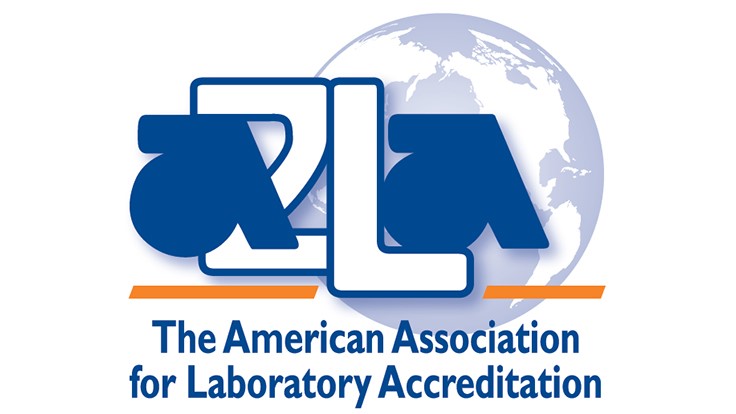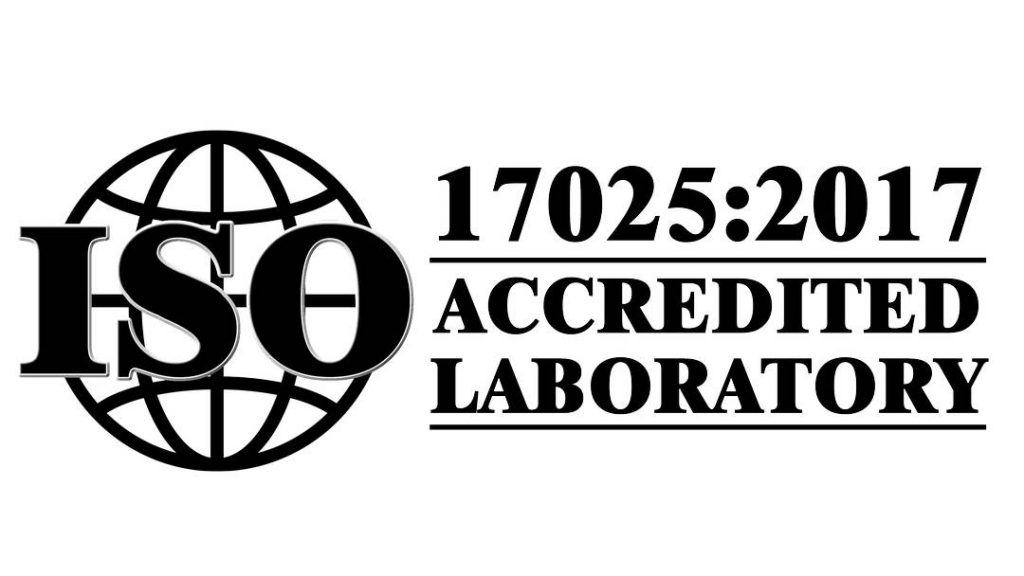DNA paternity testing can be a game changer for many families. It helps to clarify relationships and can bring peace of mind to those involved. But what exactly are the advantages of DNA paternity testing? From legal benefits to emotional support, this article breaks down the key reasons why many people choose to undergo this testing.
Table of Contents
ToggleKey Takeaways
DNA paternity tests can provide legal rights such as child support and custody.
They offer insights into potential genetic health issues, benefiting the child’s future health.
These tests can ease emotional burdens and strengthen family connections.
Legal And Financial Benefits

As a group, we’ve seen firsthand how establishing paternity can have significant legal and financial implications. It’s not just about knowing who the father is; it’s about securing the child’s future and ensuring everyone’s rights are protected. Let’s explore some key areas where DNA paternity testing makes a real difference.
Ensures Child Support
One of the most direct financial benefits of a paternity test is establishing the father’s obligation to provide child support. This is crucial for the child’s well-being, ensuring they have the resources they need to thrive. It’s not always about unwillingness; sometimes, it’s about uncertainty. A paternity test removes that doubt, paving the way for a stable financial foundation. We’ve seen cases where mothers struggle to make ends meet, and establishing paternity is the first step toward getting the financial assistance they deserve. It’s about fairness and responsibility.
Establishes Custody Rights
Beyond financial support, a paternity test is often a prerequisite for a father to assert his custody rights. It’s a legal cornerstone. It’s not just about money; it’s about being present in the child’s life. We’ve encountered situations where fathers are eager to be involved, but without legal recognition, their hands are tied. Establishing paternity opens the door to visitation, shared decision-making, and a meaningful relationship with their child. It’s about giving both parents the opportunity to contribute to the child’s upbringing.
Establishing paternity isn’t just a legal formality; it’s a fundamental step in securing a child’s future and ensuring their well-being. It provides a clear path for financial support, custody rights, and a stable family structure.
Health And Genetic Insights

DNA paternity testing isn’t just about figuring out who’s related to whom; it can also give us some pretty important information about our health. Knowing the biological father can unlock insights into potential genetic predispositions and family health history that might otherwise remain a mystery. It’s like adding another piece to the puzzle of our well-being.
Identifies Genetic Disorders
One of the most significant benefits is the ability to identify potential genetic disorders. If we know the biological father, we can assess the child’s risk for inherited conditions like cystic fibrosis, sickle cell anemia, or Huntington’s disease. This knowledge allows for early screening, diagnosis, and management, potentially improving the child’s quality of life. It’s about being proactive and informed.
Enhances Family Health History
Beyond specific disorders, paternity testing helps us build a more complete family health history. This information is invaluable for understanding our overall health risks. We can use this knowledge to make informed decisions about our lifestyle, diet, and preventative care. It’s like having a roadmap to navigate our health journey. Knowing your family history can help you prepare for the future.
Understanding our genetic background can be a game-changer. It allows us to take control of our health in ways that were previously unimaginable. By knowing what to look out for, we can work with healthcare professionals to create personalized plans for prevention and treatment.
Emotional And Social Advantages

Provides Peace of Mind
For many of us, the biggest benefit of paternity testing is the peace of mind it brings. Knowing the truth about a child’s parentage can eliminate years of doubt and uncertainty. This is especially important in situations where relationships are strained or there’s a history of mistrust. It’s about having clarity and being able to move forward with confidence, whatever the outcome may be.
Strengthens Family Bonds
Paternity testing can actually strengthen family bonds. When paternity is confirmed, it can:
- Encourage a father to become more involved in the child’s life.
- Help build a stronger relationship between father and child.
- Provide a sense of belonging and identity for the child.
It’s not just about legalities or finances; it’s about creating a solid foundation for a family to thrive. Knowing where you come from is a basic human need, and paternity testing can help fulfill that need.
In some cases, establishing biological paternity can also open doors to extended family relationships, allowing the child to connect with grandparents, aunts, uncles, and cousins on the paternal side. This can enrich the child’s life and provide a broader support network.
Wrapping It Up
Understanding your emotions and building strong relationships can greatly improve your life. When you connect with others, you feel happier and more supported. These social ties can help you face challenges and boost your confidence.
In the end, DNA paternity testing brings a lot to the table. It clears up questions about fatherhood, which can be a huge relief for everyone involved. Not only does it help with legal matters like child support and custody, but it also gives peace of mind. Plus, knowing your biological connections can be important for health reasons. So, whether you’re looking for answers or just need to settle some family matters, a paternity test can really help. It’s a straightforward way to get the clarity you need.
Frequently Asked Questions
What are the main benefits of DNA paternity testing?
DNA paternity testing helps confirm who a child’s real father is, which is important for legal rights like child support and custody. It also gives families health information and can help strengthen family relationships.
How accurate is a DNA paternity test?
A DNA paternity test is almost 100% accurate. It compares the DNA of the child and the potential father to see if they match.
What do I need to do for a DNA paternity test?
For a DNA paternity test, you usually need to provide a cheek swab from both the child and the potential father. These samples are then sent to a lab for testing.









